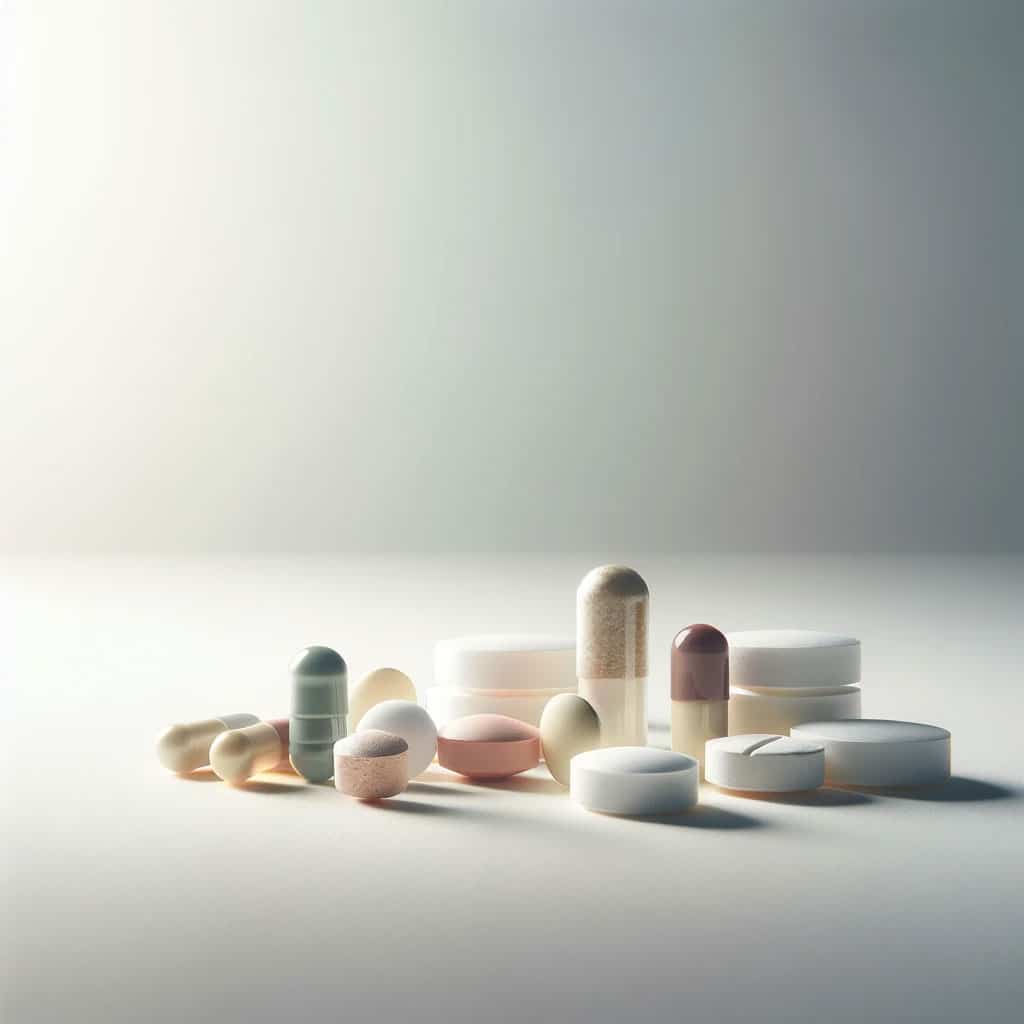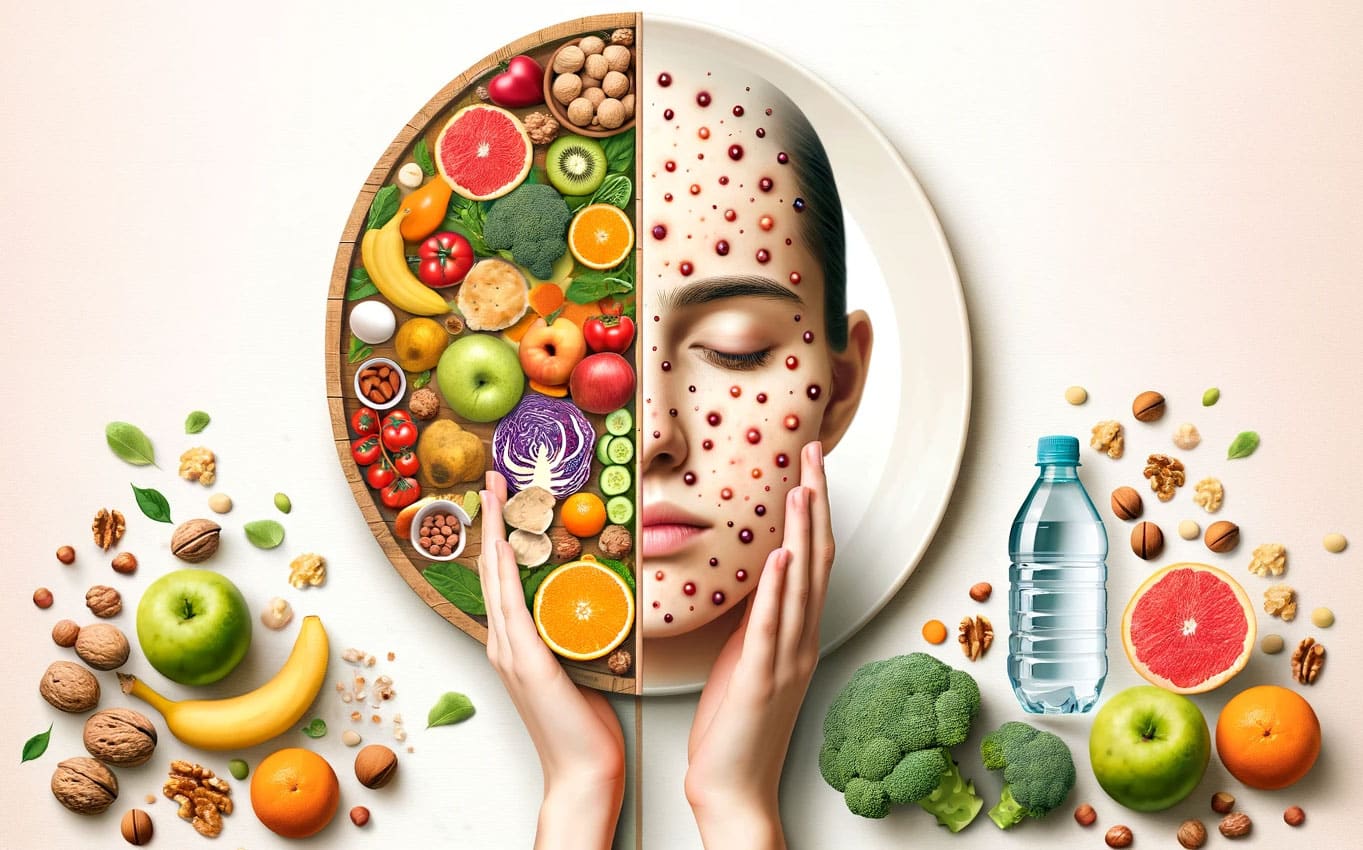Have you ever wondered why some foods seem to trigger acne breakouts while others don’t?
In this article, we delve into the multifaceted nature of acne, a condition influenced by genetics, hormones, and environmental factors. Recent research is shedding light on a lesser-known contributor: diet.
While there’s no one-size-fits-all culprit, certain dietary patterns may aggravate acne in some people.
Identifying Dietary Acne Triggers
Research has shown that certain dietary factors may contribute to acne development in susceptible individuals.
By understanding how diet affects acne, one can make informed decisions to possibly reduce breakouts.

Role of Dairy and Sugar
Dairy products and foods with a high glycemic index can be problematic for those with acne. It is observed that milk and other dairy items can raise insulin levels, leading to an increase in sebum production and, consequently, oily skin and acne. Foods rich in sugar also contribute to a higher glycemic load, potentially triggering hormonal changes that might exacerbate acne.

Impact of Fats and Oils
The types of fats in the diet can affect inflammation levels in the body, which may, in turn, influence acne occurrence.
A higher intake of omega-6 fatty acids, commonly found in various oils and processed foods, has been associated with increased inflammation. Conversely, omega-3 fatty acids, present in fish and flaxseeds, might help to mitigate inflammation and could potentially prevent acne breakouts.

Foods High in Androgens and IGF-1
Foods that can increase levels of androgen hormones and insulin-like growth factor-1 (IGF-1) in the body should be noted for their potential role in acne development.
Meat and dairy are known to contain these compounds, which might exacerbate acne by increasing sebum production and influencing skin cell growth. Careful consumption of these foods may be beneficial for individuals looking to control acne through diet.
Lifestyle and Nutritional Strategies
Managing acne effectively often goes beyond topical treatments and medications; it also involves adopting a healthy lifestyle and making informed nutritional choices. These strategies can influence hormones, bacteria, and sebum production, which are central to the development of acne.
Optimizing Diet for Skin Health
Diet plays a significant role in skin health. Foods with a low glycaemic load such as vegetables, fruits, and whole grains can help in maintaining stable blood sugar levels, thus potentially reducing sebum production and inflammatory lesion counts.
Adherence to a Mediterranean diet, rich in antioxidants and omega-3 fatty acids, has been associated with reduced acne severity due to its anti-inflammatory properties.
Supplements and Probiotics
In addition to a balanced diet, certain supplements and probiotics may assist in acne management. Vitamins like A, D, and E along with minerals like zinc may support skin health. Probiotics can help balance skin bacteria.
It is imperative to consult a dermatologist before starting any supplementation to ensure their appropriateness and to avoid adverse interactions with other acne treatments.

Addressing Severe Acne Through Medication
For those with severe acne, lifestyle and nutritional adjustments might not suffice. Medical treatments, which should be prescribed by a dermatologist, commonly include topical retinoids to prevent hair follicle clogging, antibiotics to control harmful bacteria, and benzoyl peroxide to reduce inflammation and bacteria.
The exact treatment plan will depend on the individual’s specific condition and the severity of their acne.

